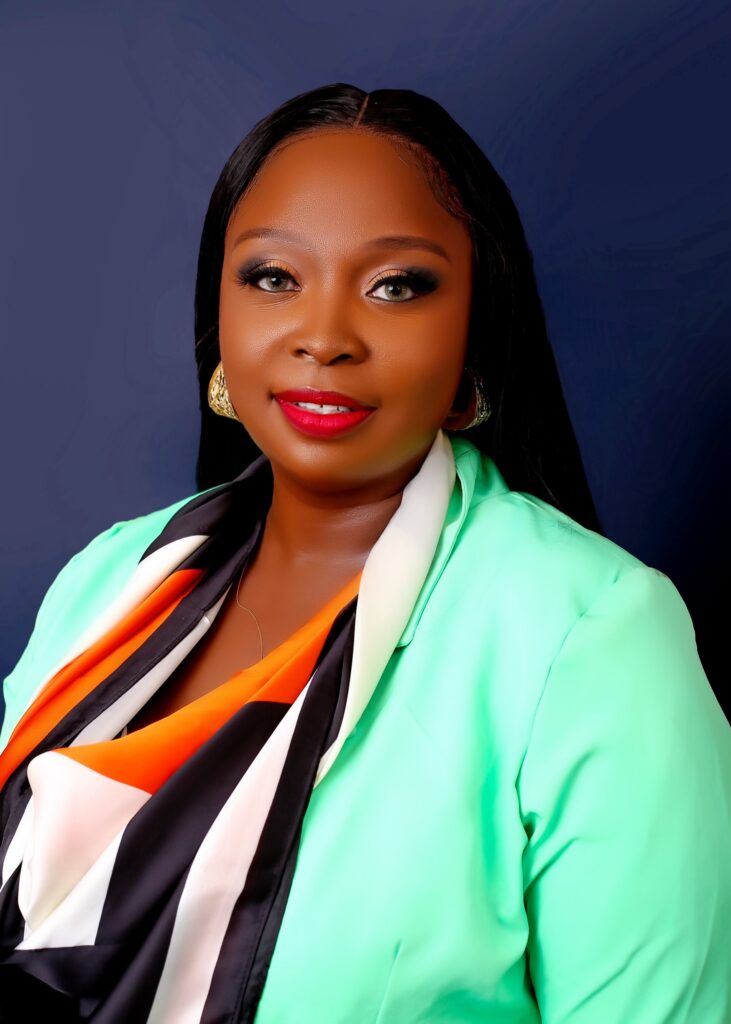 A lot has happened since I was elected in 2015 and re-elected for a second term in 2020, with 100 per cent of the votes of all 81 shareholder countries, African and non-African.
A lot has happened since I was elected in 2015 and re-elected for a second term in 2020, with 100 per cent of the votes of all 81 shareholder countries, African and non-African.
It is equally auspicious that I am speaking with you few days after the Annual Meetings of the African Development Bank Group, held last week in Nairobi, Kenya. There, our shareholders unanimously approved an additional $117 billion increase in the capital of the African Development Bank.
This follows the earlier general capital increase which raised the capital of the African Development Bank from $93 billion to $201 billion in 2019. The new capital injection last week brings the capital of the African Development Bank to $318 billion.
We will be bigger, bolder and better.
The historic increase in our financial capacity shows the confidence of the shareholders in African Development Bank’s vision for Africa, and our resolve and commitment to accelerate its growth and development.
They did so because our High 5s priority programmess (Light Up and Power Africa; Feed Africa; Industrialise Africa; Integrate Africa; and improve the quality of life of the people of Africa) have already impacted on over 400 million people in the last eight years.
The newly injected capital will allow us to do more.
It is therefore, with excitement of the wind in the sails of the African Development Bank, that I am delighted to speak to you today on “Envisioning Africa’s Economic Prospects.”
Ladies and gentlemen, The New York Times recently had as its headlines: ‘The future is African’. I agree with New York Times. Africa can no longer be ignored. I fully expect Africa to be the pivotal continent in the world, given its economic prospects.
First, Africa’s population is projected to reach 2.5 billion by 2050 and by then one of four persons on earth will be African. With a rising middle class and projected consumer and business expenditures to reach $7 trillion, this is a formidable market of the future.
Second, with its burgeoning young population of almost a billion people under the age of 35, Africa will boom with talented skills and form the workforce for the world.
Third, with 65 per cent of the uncultivated arable land left on earth being in Africa, what Africa does with its agriculture will determine the future of food in the world to feed the global population of 9.7 billion by 2050.
Fourth, the future of energy transition, for a world powered largely with renewable energy, will depend on Africa. Africa has the largest solar potential in the world, which will be critical for developing green hydrogen and green ammonia that will power green economies of the world towards net zero emissions.
Africa also has the largest deposits of green minerals and metals, from platinum, copper, nickel, manganese, chromium, graphite and lithium, that are critical for the manufacturing of solar panels, battery energy storage systems and electric vehicles, a market estimated to rise to $57 trillion by 2050.
Fifth, the African continental free trade area, which brings together all the 54 countries in Africa, with an estimated GDP of $3.4 trillion, is on its way to becoming the largest free-trade zone in the world.
Therefore, economic trends, growth and development of Africa are central as we look to a world where the continent will play a significant role.
Ladies and gentlemen, despite challenges of the COVID-19 pandemic, geopolitical risks, high food and energy prices, and rising global interest rates, African countries are showing economic resilience. Africa’s real GDP growth increased from 3.1 per cent in 2022 to 3.7 per cent in 2023 and is projected to reach 4.3 per cent in 2025, according to the African Economic Outlook Report of the African Development Bank.
Africa is the second fastest growing region in the world, second only to Asia, and has 10 of the 20 fastest-growing countries in the world.
As Africa’s economic resilience is bolstered, unlocking its economic prospects requires ensuring structural change of its economies, raising the productivity of agriculture, provision of electricity, accelerating infrastructure investments, supporting faster pace digitalisation, unleashing economic and job opportunities for women and youth, and driving industrialisation through greater mobilisation of the private sector.
Assuring food security in Africa is top on the agenda for the African Development Bank. Over the past eight years, we have provided close to $10 billion in support of agriculture. Our flagship initiative, Technologies for African Agricultural Transformation (TAAT), has delivered climate smart agricultural technologies for 13 million farmers. Our support of heat tolerant wheat varieties to Ethiopia turned it into a wheat self-sufficient country in under four years.
The African Development Bank is also developing Special Agro-Industrial Processing Zones in eleven countries to support agro-industrialisation and value addition and development of agricultural value chains. This is critical to unlocking the value of the food and agribusiness in Africa worth $1 trillion by 2030.
Unlocking Africa’s vast renewable energy sources and assuring energy supply, access and security, is central to Africa’s economic prosperity. Africa still has close to 600 million people without access to electricity.
Since the African Development Bank launched its New Deal on Energy in 2016, much progress has been made, with the share of the population with electricity expanded from 32 per cent to 57 per cent. To expand access to electricity, the African Development Bank is implementing a $20 billion initiative called Desert-to-Power, to develop 10,000 megawatts of electricity from solar across 11 countries to connect 250 million people to electricity.
During the Spring Meetings of the World Bank earlier this year, the President of the World Bank and I launched a bold joint effort to connect 300 million Africans to electricity by the World Bank and the African Development Bank by 2030.
Ladies and gentlemen,
The African Development Bank is investing heavily in human capital to unleash the growth potential of Africa, including tapping into the scientific talents in the diaspora.
We are supporting universities of science and technology, expanding training in science, technology, engineering and mathematics, centers of excellence in biotechnology and material sciences, as well as technical and vocational training. We have committed $700 million for education and skills development, which has supported 4,000 tertiary education and training facilities, and provided 1.7 million African youth with access to education in science, technology, engineering and mathematics.
The African Development Bank is supporting Coding for Employment Programmes, providing critical digital skills in computer coding in partnership with Microsoft Philanthropies. This is essential to continue to drive the expansion of the rapidly expanding fintech industries in Africa. Africa has witnessed a tripling in the number of startups, reaching 5,200 between 2020 and 2021, as revenue of fintech companies is estimated to reach over $30 billion annually by 2025. This trend mirrors what Google and the International Finance Corporation estimate that Africa’s internet economy will reach $180 billion by 2025 and $712 billion by 2050.
Unleashing the potential of the digital economy will require large investments in digital infrastructure, including fiber optics, data centers and the expansion of mobile networks to improve connectivity.
To support the businesses of young people in Africa, and drive greater entrepreneurship, the African Development Bank is establishing Youth Entrepreneurship Investment Banks across the continent. These are new financial institutions that will provide tailored financial instruments to build the businesses of young people and build youth-based wealth, which will reduce migration.
The first Youth Entrepreneurship Investment Banks have been approved for Liberia ($16 million) and Ethiopia ($32 million), with several more in the pipeline.We are also focusing on women.
The African Development Bank’s flagship initiative, Affirmative Finance Action for Women in Africa (AFAWA), is de-risking financial institutions to lend to women. AFAWA is delivering. It is working with 169 financial institutions in 43 countries and has so far approved $1.7 billion in financing for 18,300 women-led businesses. Our goal is to mobilize $5 billion for women-led businesses.
Ladies and gentlemen,
To improve regional integration and assure the success of the Africa Continental Free Trade Area, the African Development Bank has provided close to $50 billion in support of infrastructure projects in the past 8 years. This includes the construction of roads, transport corridors, rails, ports, water and sanitation, and digital infrastructure.
To support Africa’s net zero transition, the African Development Bank has launched the Alliance for Green Infrastructure in Africa (AGIA) to mobilize $10 Billion of private financing for green infrastructure in Africa.
To be continued tomorrow
Dr. Adesina, President and Chairman of the Boards of Directors
African Development Bank Group delivered this as Keynote address at
Chatham House, London recently.













